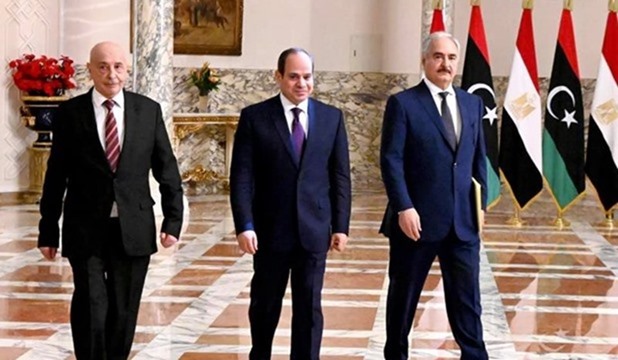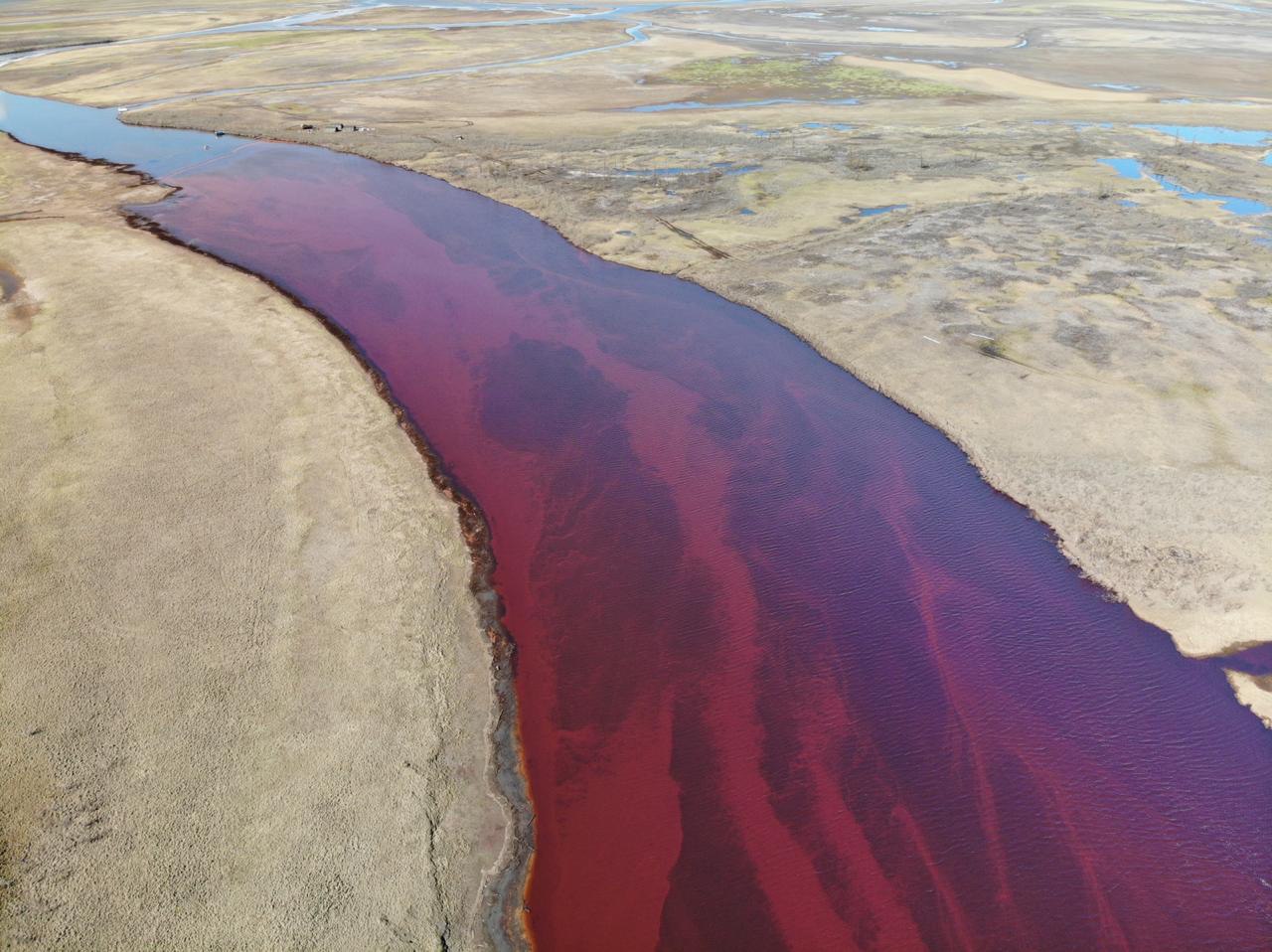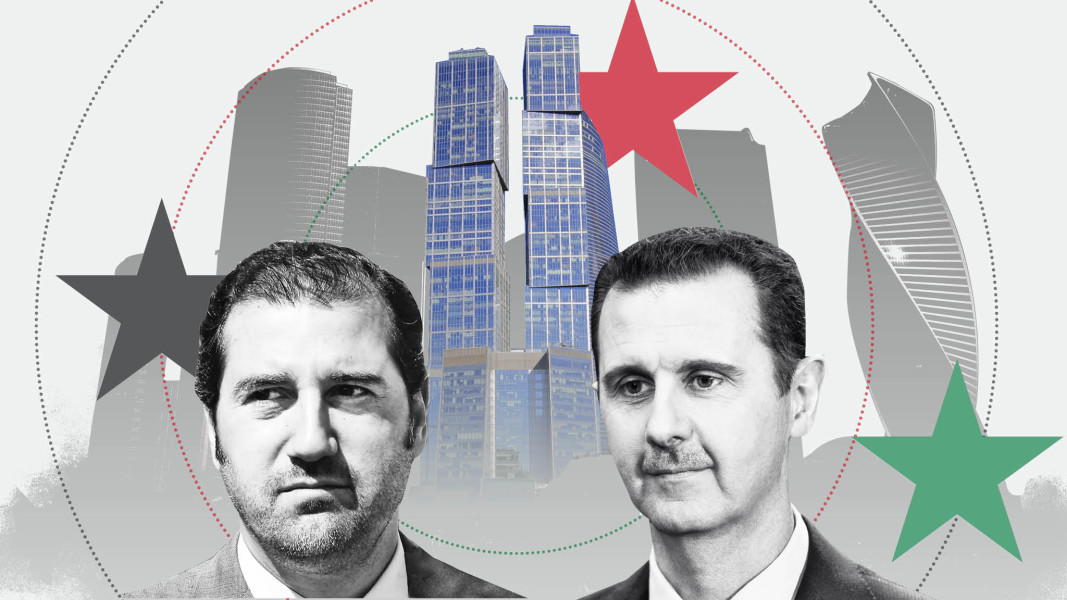Egyptian President Abdel Fatah el-Sisi announced on Saturday a new political solution to the Libya crisis, dubbed the “Cairo Declaration.” The proposal has been welcomed by a number of Arab and Western nations but rejected by the Government of National Accord, which is instead pushing ahead with military offensives east of Tripoli.
Libyan National Army (LNA) Chief Khalifa Haftar and Libyan House of Representatives Counselor Aguila Saleh joined el-Sisi in Cairo, and both backed the plan and agreed to a ceasefire starting on June 8. The GNA has yet to issue an official statement on the “Cairo Declaration” but in a clear rejection of the proposal, has continued to push eastwards from Tripoli, building on gains made against Haftar’s retreating forces in recent days.
Fighting has centered on the strategic coastal town and former ISIS stronghold of Sirte but the GNA, with Turkish militia and weaponry support, is unlikely to stop there. They have the Libyan National Army (LNA) now firmly on the back foot and Libya’s oil fields in their sights.
“Now what do you have right to the east of Sirte, you have the most strategic area of Libya,” Libya expert Jalel Harchaoui told the Associated Press (AP News).
“You have effectively a series of oil terminals capable of exporting everyday more than 6,000 barrels a day,” he said. The oil revenue would be a boost to the UN-recognized GNA, which has been cut off from the country’s main source of wealth since the country essentially split in two and developed parallel governing structures in 2015.
UN Responds
The United Nations Support Mission in Libya (UNSMIL) has called for all sides of the conflict to seek a political solution and immediate ceasefire, declaring “any war among Libyans is a losing war,” in a statement issued late Saturday.
UNSMIL did not comment directly on the “Cairo Declaration,” but welcomed “calls by international and regional actors in recent days for an immediate cessation of hostilities in Libya.”
“A political solution to Libya’s longstanding crisis remains within grasp and the Mission, as ever, stands ready to convene a fully inclusive Libyan-led and Libyan-owned political process,” UNSMIL said in what appears to be a thinly-veiled swipe at el-Sisi’s announcement.
The UN also denounced the uptick in violence over recent days, noting fighting around eastern Tripoli and Tarhouna has displaced some 16,000 people. It called for an investigation into the “deeply disturbing” discovery of a number of dead bodies at a Tarhouna hospital and encouraged all conflict participants to respect the rule of law and international humanitarian law.
“We have also received numerous reports of the looting and destruction of public and private property in Tarhuna and Alasabaa which in some cases appear to be acts of retribution and revenge that risk further fraying Libya’s social fabric,” UNSMIL added.
Choosing Peace over Military Gains
The Egyptian peace plan has received support from a number of Arab states including Saudi Arabia, the UAE, and Jordan. In the past 24 hours, Russia, the US, France, and Greece have also welcomed the Egyptian solution, while Germany and the UK have praised Haftar’s commitment to a political solution but called for all talks to be UN-led.
Despite Haftar and Saleh’s apparently genuine commitment to a ceasefire and political solution to the conflict, it seems that the GNA, led by Prime Minister Fayez Sarraj and backed by Turkish troops and Qatari funds, is much more interested in territorial gains than sparing civilian lives or securing a peaceful future for Libya.
Sarraj has called on his troops to “continue their path,” and Interior Minister Fathi Bashagha said the GNA will not consider negotiating until it has taken Sirte and the nearby Al Jufra Airbase. With Haftar’s troops on the back foot, it remains to be seen if the GNA will show restraint and look towards a political solution or continue the bloodshed that has torn Libya apart for years.




